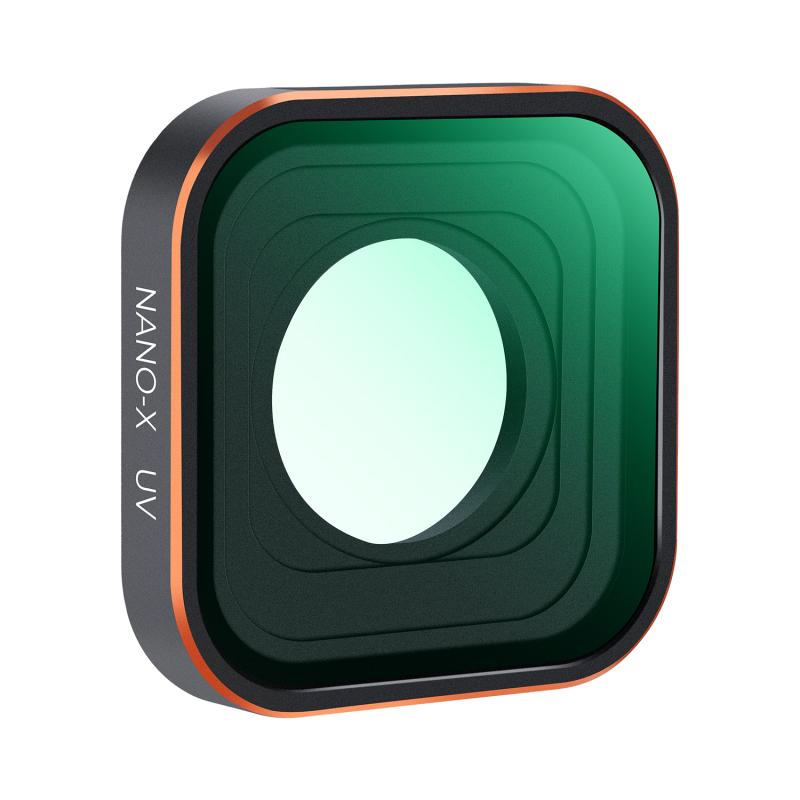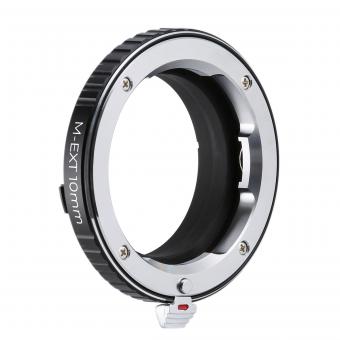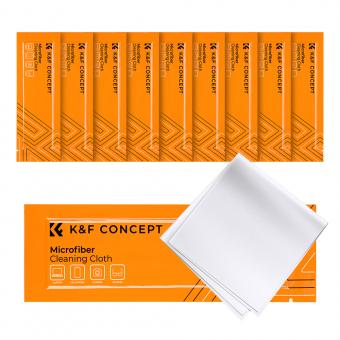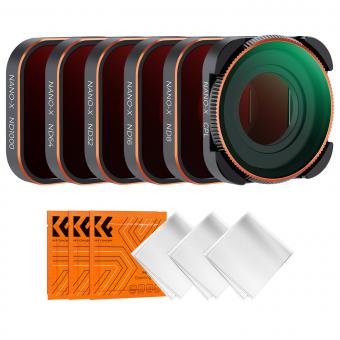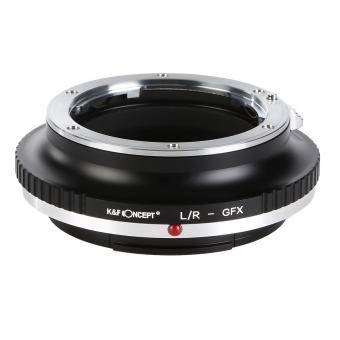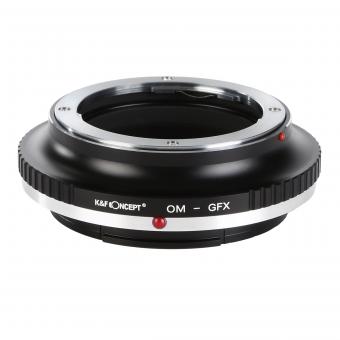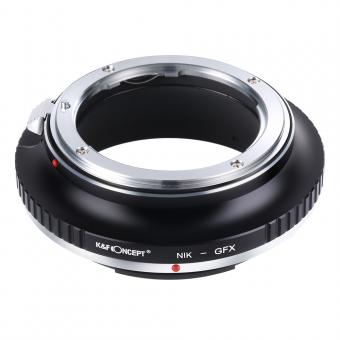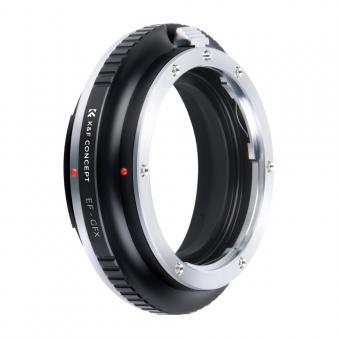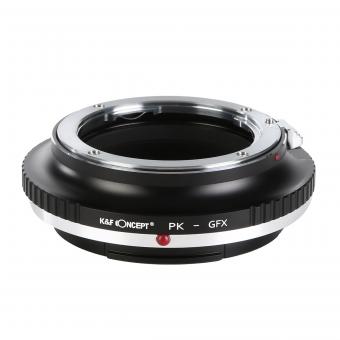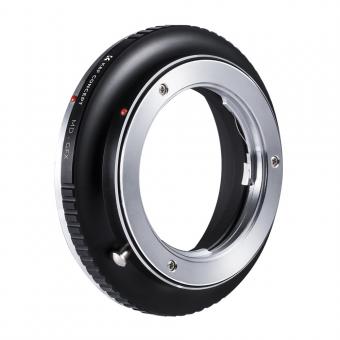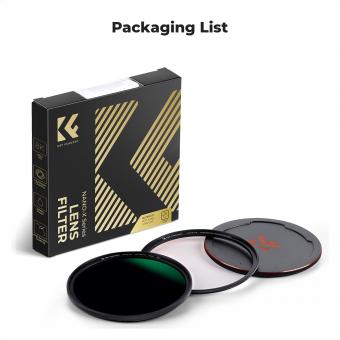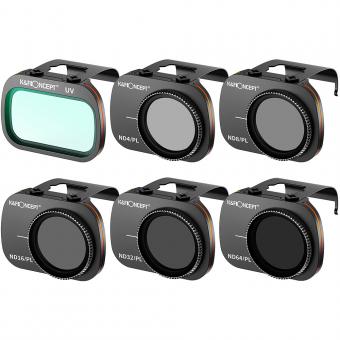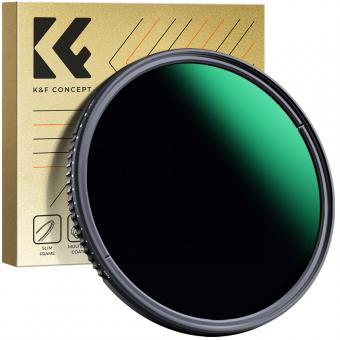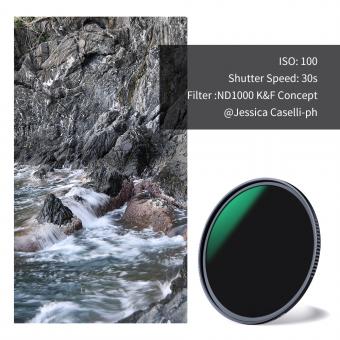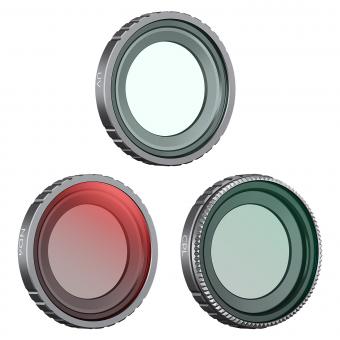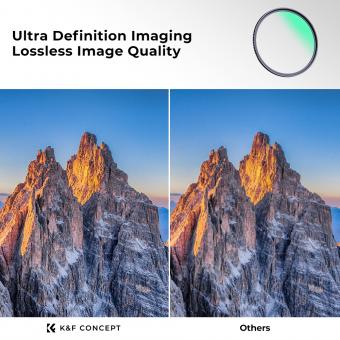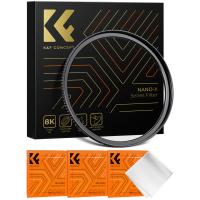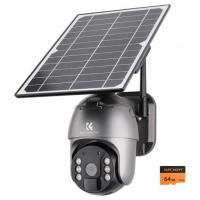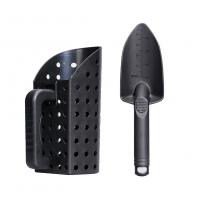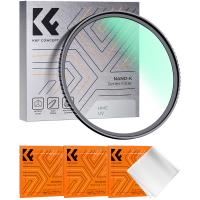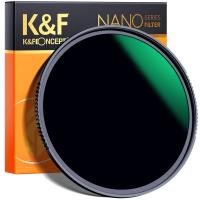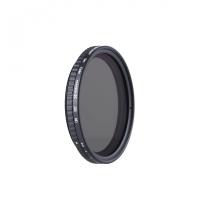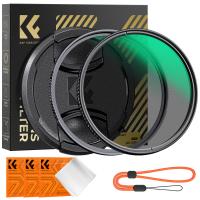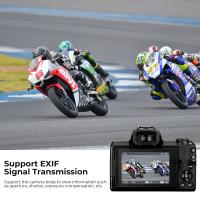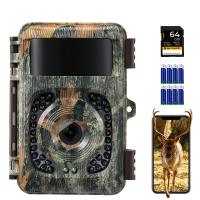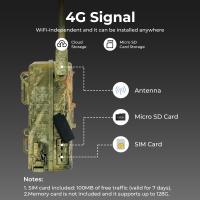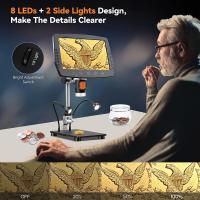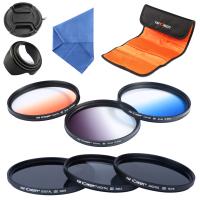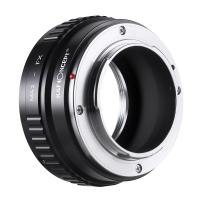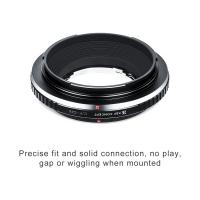Why Use A Uv Filter On Camera ?
A UV filter is used on a camera to block ultraviolet light from entering the lens. This helps to reduce the bluish cast that can be caused by UV light and improves the overall color accuracy of the image. Additionally, a UV filter can provide protection for the camera lens by acting as a barrier against dust, moisture, and scratches. It is particularly useful in outdoor photography, especially in situations where there is a high amount of UV light present, such as at high altitudes or near bodies of water.
1、 Protection against dust, moisture, and scratches on the lens.
Why use a UV filter on a camera? One of the main reasons is for protection against dust, moisture, and scratches on the lens. The UV filter acts as a barrier, shielding the lens from potential damage caused by these elements. It serves as an additional layer of protection, preventing dust particles from settling on the lens surface, moisture from seeping into the lens, and scratches from accidental bumps or contact.
Dust particles can easily find their way onto the lens, especially when shooting in outdoor environments. These particles can affect image quality, causing spots or blurriness in the photos. By using a UV filter, you can minimize the risk of dust settling on the lens, ensuring cleaner and sharper images.
Moisture is another common enemy of camera lenses. Whether it's rain, fog, or humidity, moisture can seep into the lens and cause damage to the internal components. A UV filter acts as a barrier, preventing moisture from reaching the lens and safeguarding its functionality.
Accidental scratches are also a concern when using a camera. Whether it's from placing the camera on a rough surface or accidentally bumping it against a hard object, scratches can impair image quality and potentially render the lens unusable. A UV filter acts as a sacrificial layer, taking the brunt of any potential scratches and preserving the lens's integrity.
In addition to protection, some photographers argue that UV filters can also improve image quality. They claim that UV filters can reduce haze and improve contrast, particularly when shooting in bright sunlight. However, this viewpoint is debated, as some argue that the use of a UV filter can introduce unwanted reflections or reduce image sharpness.
Ultimately, the decision to use a UV filter on a camera lens depends on personal preference and shooting conditions. While it provides protection against dust, moisture, and scratches, photographers should also consider the potential impact on image quality and weigh the benefits against any potential drawbacks.
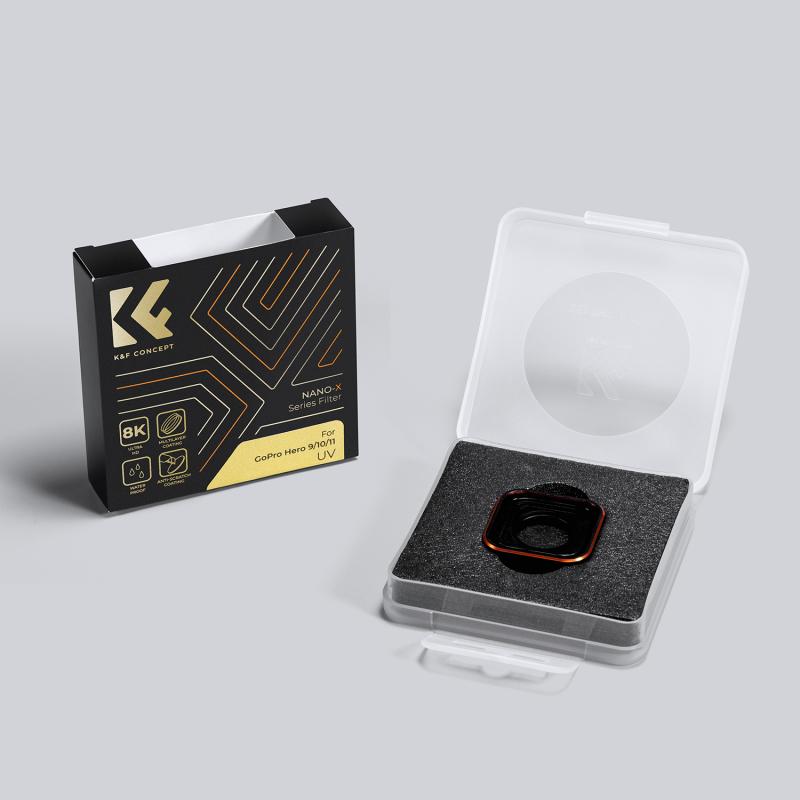
2、 Reduction of UV light and haze for clearer images.
Why use a UV filter on a camera? One of the main reasons is the reduction of UV light and haze for clearer images. UV light is invisible to the human eye but can have a significant impact on photographs, especially in outdoor settings. By using a UV filter, photographers can minimize the effects of UV light and achieve sharper, more vibrant images.
UV light can cause a bluish cast in photographs, particularly in landscapes or high-altitude shots. This can result in a loss of detail and color accuracy. Additionally, UV light can create a hazy or foggy appearance, especially on sunny days or in humid conditions. By using a UV filter, photographers can effectively block out this unwanted UV light, resulting in clearer and more accurate images.
Furthermore, a UV filter can also provide an added layer of protection for the camera lens. It acts as a barrier against dust, moisture, and scratches, safeguarding the lens from potential damage. This can be particularly beneficial for photographers working in challenging environments or situations where the lens is exposed to potential hazards.
However, it is worth noting that the use of UV filters has become a topic of debate among photographers in recent years. Some argue that modern digital cameras already have built-in UV filters, making an additional filter unnecessary. Others claim that the use of a UV filter can introduce lens flare or reduce image quality, particularly if a low-quality filter is used.
Ultimately, the decision to use a UV filter on a camera depends on personal preference and the specific shooting conditions. While it can provide benefits such as reduction of UV light and haze, photographers should also consider the potential drawbacks and choose a high-quality filter to ensure optimal image quality.
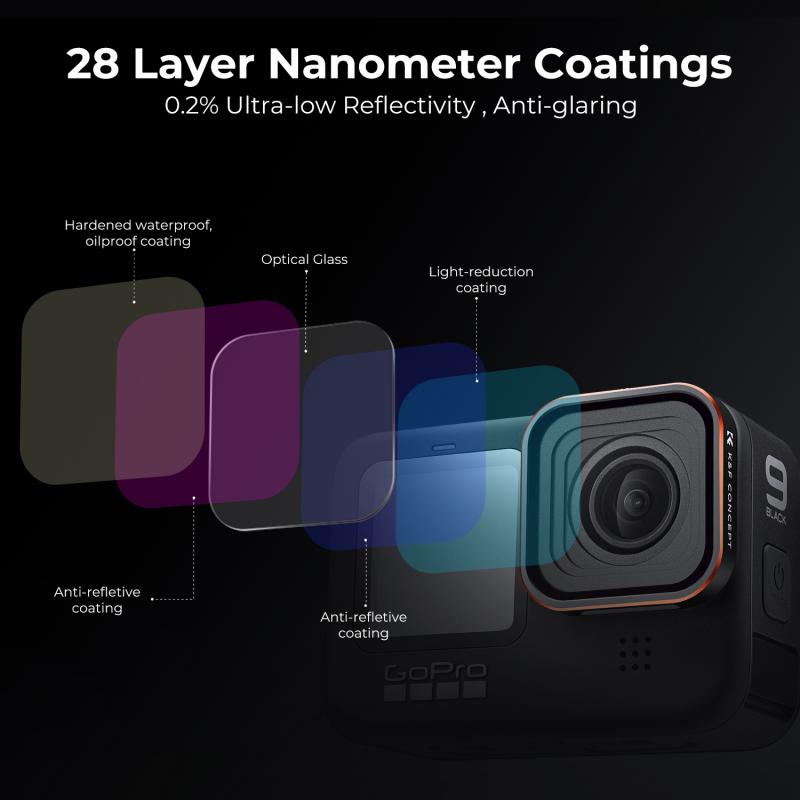
3、 Prevention of color shifts and improved color accuracy.
Why use a UV filter on a camera? One of the main reasons is the prevention of color shifts and improved color accuracy. UV filters are designed to block ultraviolet light, which can cause a bluish tint in photographs, especially in outdoor settings. By using a UV filter, photographers can ensure that the colors in their images remain true to life.
UV filters also provide an added layer of protection for the camera lens. They act as a barrier against dust, moisture, and scratches, reducing the risk of damage to the lens. This is particularly important for photographers who frequently shoot in challenging environments or engage in outdoor activities.
In addition to these traditional benefits, there is a growing perspective on the use of UV filters. Some photographers argue that with modern digital cameras, the impact of UV light on image quality is minimal. They believe that the use of UV filters may introduce additional lens flare or reduce image sharpness. However, others still advocate for the use of UV filters, especially in situations where the camera lens is exposed to potential hazards.
Ultimately, the decision to use a UV filter on a camera depends on personal preference and shooting conditions. Photographers who prioritize color accuracy and lens protection may find UV filters to be a valuable tool. However, those who prioritize maximum image quality may choose to forgo the use of UV filters and rely on post-processing techniques to correct any color shifts caused by UV light.
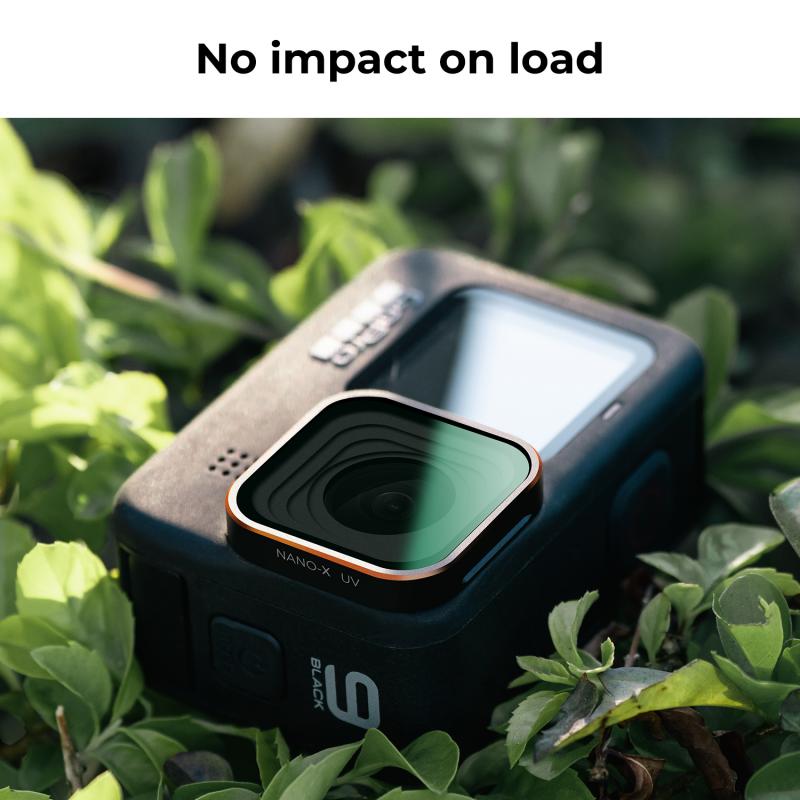
4、 Minimization of lens flare and ghosting in bright conditions.
One of the main reasons to use a UV filter on a camera is to minimize lens flare and ghosting in bright conditions. Lens flare occurs when stray light enters the lens and creates unwanted artifacts such as bright spots or streaks in the image. Ghosting, on the other hand, refers to the appearance of semi-transparent or hazy areas in the image caused by reflections within the lens.
UV filters are specifically designed to block ultraviolet light, which is invisible to the human eye but can cause these unwanted effects in photographs. By placing a UV filter on the lens, photographers can reduce the amount of UV light that reaches the camera's sensor, thus minimizing the chances of lens flare and ghosting.
In addition to reducing lens flare and ghosting, UV filters also offer other benefits. They act as a protective barrier for the lens, shielding it from dust, moisture, and scratches. This can be particularly useful in outdoor photography where the camera is exposed to various elements. Furthermore, UV filters can enhance the overall image quality by reducing the impact of atmospheric haze, resulting in sharper and more vibrant photographs.
However, it is important to note that there are differing opinions on the necessity of UV filters in modern digital photography. Some argue that the lens coatings on modern lenses are already effective in reducing lens flare and ghosting, making UV filters redundant. Others believe that the added protection and potential improvement in image quality make UV filters worth using.
Ultimately, the decision to use a UV filter on a camera depends on personal preference and shooting conditions. Photographers should consider factors such as the quality of their lenses, the shooting environment, and the desired outcome of their photographs before deciding whether to use a UV filter or not.
